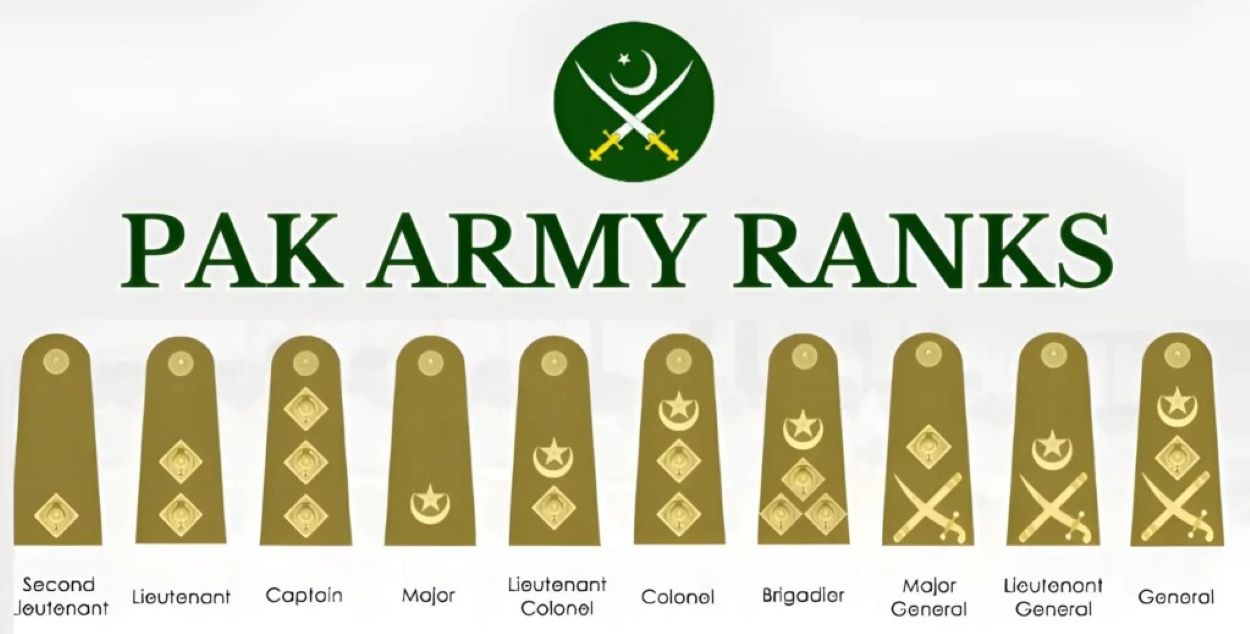The rank of Field Marshal is the highest military honour in the Pakistan Army. It symbolises exceptional leadership, strategic vision, and national service during crises.
Unlike other military ranks, the title of Field Marshal is rarely granted and combines both ceremonial prestige and historical significance. But what are the roles and responsibilities of a Field Marshal in the Pakistan Army, and why does this rank hold such a respected place in the nation’s military hierarchy?
What Is a Field Marshal?
A Field Marshal is a five-star rank, the highest in the Pakistan Army. It is positioned above the rank of General and is equivalent to Admiral of the Fleet in the Navy and Marshal of the Air Force. The government awards this title as a lifetime honor, usually in recognition of outstanding leadership during wartime or significant national service during critical threats to the country.
Appointment and Criteria
The Prime Minister, President, and federal cabinet collectively decide on the appointment of a Field Marshal. This promotion is not part of the regular promotion system; it is reserved for times of national crisis, military victory, or exceptional service to the state. The title is typically awarded to a sitting or retired Chief of Army Staff (COAS) who has shown remarkable leadership and strategic excellence.
Role and Responsibilities
1. Symbolic and Honorary Status
The Field Marshal rank is largely ceremonial in modern times. It does not grant additional statutory powers or operational command beyond a General’s. Instead, it serves as a national accolade, honouring the individual’s role in preserving the state’s sovereignty, integrity, and honour during critical historical moments.
2. National Military Leadership
A Field Marshal represents military command at the highest national or strategic level. The title often positions the holder as the principal military advisor to the country’s leadership, especially during war or national emergency. While not involved in daily operational command, the Field Marshal’s presence symbolises unity, resilience, and the ultimate trust of the nation.
3. Lifetime Prestige and Special Privileges
The rank carries lifetime prestige, ceremonial status above all other military ranks, and often comes with special privileges. The Field Marshal remains a figure of national inspiration and is frequently called upon for state functions, military ceremonies, and advisory roles.
4. No Additional Operational Authority
Despite its prestige, the Field Marshal rank does not come with extra operational powers or pay beyond a General’s. Its value lies in its symbolism and message about the recipient’s contribution to national defence and unity.
Historical Context
Field Marshal Muhammad Ayub Khan (1959)
Ayub Khan became Pakistan’s first Field Marshal in 1959 after assuming the presidency via a military coup. His promotion was more political than operational, sparking debate about its legitimacy since it was not linked to a significant military victory.
Field Marshal Syed Asim Munir (2025)
In May 2025, the federal cabinet promoted General Asim Munir to Field Marshal after his decisive leadership during a major military conflict with India. His elevation is widely viewed as recognising genuine military excellence and national defence, restoring the rank’s original spirit.
The Field Marshal title is more than a military rank; it is a national honour that reflects the state’s utmost trust in an individual’s leadership and service. It is reserved for those who have led the nation through pivotal moments, reinforcing the values of courage, unity, and resilience within the armed forces and the country.
The Field Marshal rank in the Pakistan Army is a rare, symbolic, and highly prestigious title awarded for extraordinary military leadership and national service. While it does not confer additional operational authority, it ultimately recognises a leader’s role in safeguarding the nation during its critical moments. Only two officers have ever held this rank, but the Field Marshal remains legendary in Pakistan’s military and national history.






